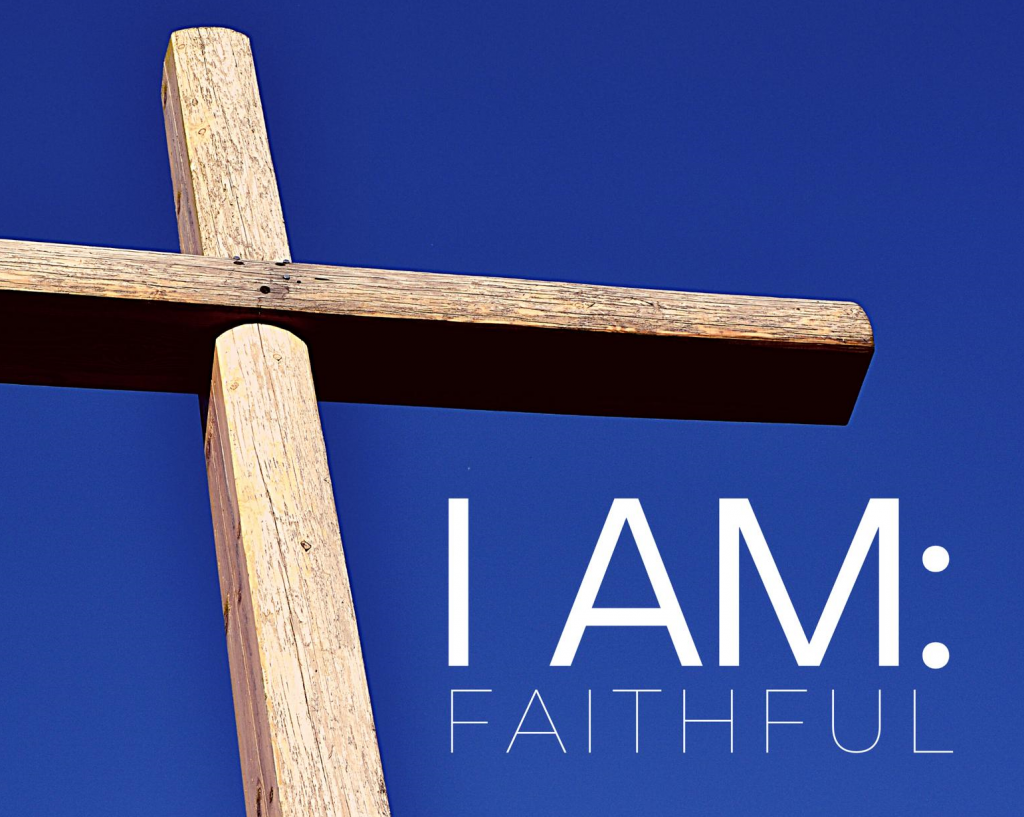Psalm 86:2a

‘Guard my life, for I am faithful to you’
How do you cope and how do you pray in times of trouble? Let us not minimize the amount and level of trouble Christians experience across the world and in their everyday lives in our country. I am not disregarding troubles faced by those who do not share faith in Jesus but the Psalm is specifically that of a servant and faithful follower of God, King David. Although the psalm opens with a general cry for help vv1-3 he becomes more specific later, ‘Arrogant foes are attacking me, O God; ruthless people are trying to kill – they have no regard for you.’ v14 This then is a psalm with direct application to very many followers of Jesus. It is also an experience shared by Jesus throughout his life, from his attempted murder in infancy by Herod the Great until the eventual successful conspiracy between the religious leaders and another Herod brought about his crucifixion. There are millions of Christians who live at constant risk of violent attack and so this psalm has particular relevance to them. (See Open Doors and Barnabas Aid websites.) However, significant troubles are faced on a daily basis by Christians in all settings over a wide range of issues. It can be unjust treatment at work, abuse at home and in other settings, being a victim of bullying, suffering crimes against the person or property and although it is a different type of focus experiencing serious health issues or the effects of natural disasters or suffering the multiple consequences of poverty.
What then can we learn from David’s prayer? Firstly, he comes to God with a simple confession of helplessness and need. ‘Hear me, Lord, and answer me, for I am poor and needy. v1 At the same time he recognizes and address God as his Lord. In the psalm he uses two titles for God both translated Lord in the NIV. Four times he uses God’s personal, covenantal name, Yahweh or the Lord. (vv 1,6,11,17) In doing so he is affirming God’s sovereignty, holiness and greatness. He is also placing himself within the covenant that God has made with his people and asking God to keep those covenantal promises. Followers of Jesus now are included in the new covenant made by God through the death and resurrection of Jesus and may with humility and confidence call upon God to keep them.
David also refers to God as ‘Adonai’ or Lord. This is a term considered somewhat less awesome and holy, more intimate, and so can be more easily uttered. Whilst it is difficult to directly translate the full intended meaning it is commonly compared to master. Three times David reinforces this relationship by calling himself servant. The basis of David’s approach then is one in a covenantal relationship with a totally reliable and all powerful God and yet this is not a remote depersonalized contractual relationship such as we might have with a powerful government or company. It is an intimate relationship in which David can bring his inner feelings and fears as he would to a loving master.
Even though David had one of the most privileged relationships with God in the bible, Christians now are in an even more privileged position. Through faith in Jesus Christians are granted new life and to become children of God. This is the new covenant relationship all followers of Jesus have with ‘Yaweh’ and are able to come to him with confidence. ‘But to all who did receive him, who believed in his name, he gave the right to become children of God,’ John 1.12 ‘See what kind of love the Father has given to us, that we should be called children of God; and so we are.’ 1 John 3:1 ‘The Spirit himself bears witness with our spirit that we are children of God.’ Romans 8:16
Before we come to the Lord with our honest need and cry to, “Guard our life” we can be confident of our relationship with him.
Oh to see the Dawn – Getty / Townend
